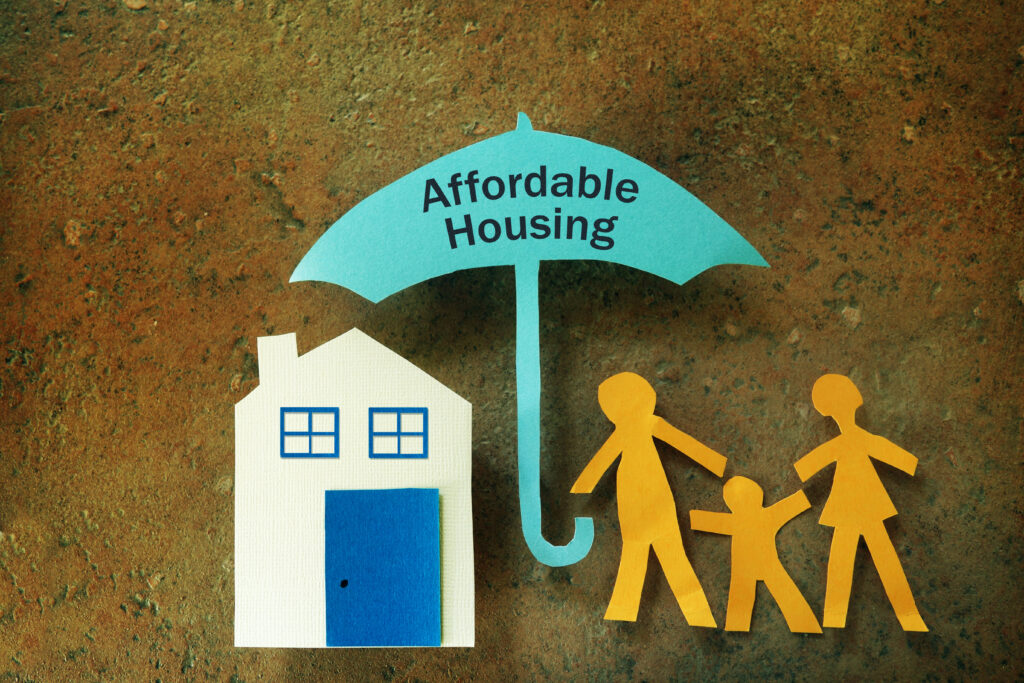Last Updated on February 23, 2024 by CREW Editorial
Edmonton’s real estate market is poised for a significant boost with a recent injection of $175 million in federal funding, aimed at encouraging affordable housing development. The allocation, facilitated through the federal Housing Accelerator program, targets the construction of over 5,200 new housing units within the city over the next three years. Prime Minister Justin Trudeau made the announcement on Wednesday, February 21st.
These funds are earmarked to diversify housing options within the city, fostering the development of additional rental properties, affordable apartments, and residences in proximity to university and college campuses.
The funding announcement follows closely on the heels of Edmonton’s recent declaration of a homelessness and housing emergency.
City of Edmonton Efforts and Vision
The City of Edmonton has been actively working to dismantle housing barriers by revamping zoning regulations, streamlining construction processes, and fostering partnerships with non-market housing providers.
The city is facilitating the sale of properties to encourage the creation of affordable housing, including mixed-market housing.
Grant opportunities are also being made available as part of Edmonton’s commitment to integrating non-market affordable housing into every neighborhood. The Affordable Housing Investment Program offers limited grants to qualifying non-profit and private sector entities to promote the development of affordable housing initiatives. Eligible projects include affordable near-market rentals, rent-to-own homeownership options, mixed-income or mixed-use developments with affordable housing components, permanent supportive housing, and rent-geared-to-income or deep subsidy solutions.
Impacts on Edmonton’s Real Estate Market
This announcement is likely to have some significant effects on Edmonton’s real estate landscape. The increase in affordable housing units may exert downward pressure on rental and purchase prices as more affordable and supportive housing units are being created through non-market providers. With the overall supply of housing increased, subsidized to be affordable, there may be a downward pressure on prices for both rental and for-sale properties in the region. With more affordable housing options available through non-market sources, for-profit builders and developers may face stiffer competition, especially if they are targeting similar market segments.
On the other hand, the infusion of funds stimulates economic activity and employment opportunities, encouraging economic growth which could encourage more activity in Edmonton’s real estate, possibly converting renters into buyers, and there may be more movement in other market niches.
The $175 million federal funding allocated to Edmonton’s affordable housing sector through the Housing Accelerator program signifies a significant shift in the city’s real estate landscape, requiring close monitoring and potential strategy adjustments for those involved with Edmonton’s real estate.








